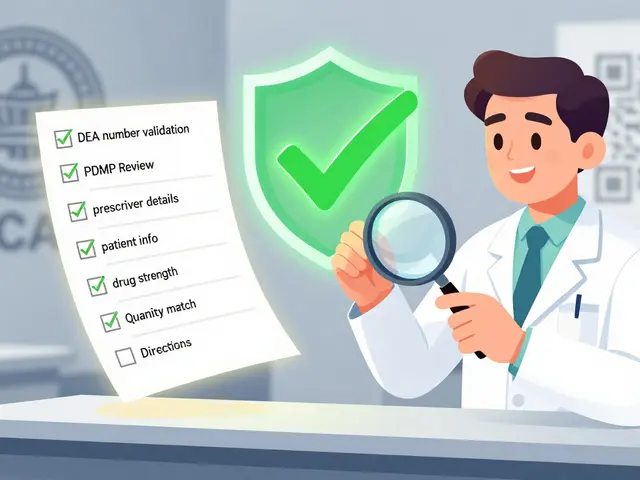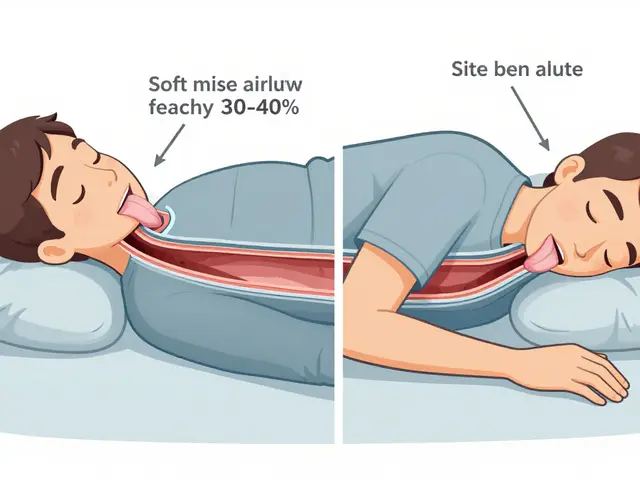Antidepressant: What Works, Side Effects & Alternatives
Antidepressants help many people feel better, but knowing how they work and what to expect makes a big difference.
This guide breaks down common types, side effects, practical tips for weight and sleep, and safe options if one drug isn’t right.
How antidepressants work
Think of antidepressants as tools: SSRIs calm overactive worry circuits, SNRIs add pain relief, bupropion boosts energy, and older options like tricyclics work well for some but bring more side effects.
Common SSRIs include escitalopram and sertraline; SNRIs include venlafaxine and duloxetine; bupropion is known by brand names like Wellbutrin.
Side effects differ by drug. Some people gain weight, others lose it. Sexual side effects are common with SSRIs. Bupropion tends to cause less sexual dysfunction and may increase energy.
Practical tips & safety
If weight is a concern, small changes help. Track calories roughly, prefer protein and vegetables, avoid late-night snacking, and keep up regular walks or short high-intensity sessions three times a week.
Sleep problems often improve with dose timing. Taking medication in the morning may reduce insomnia for stimulating drugs; taking it at night can help with sedating ones. Talk to your prescriber before changing timing.
Not every antidepressant fits everyone. If one drug causes bad side effects, ask about alternatives. Our site has a detailed list of Wellbutrin SR alternatives and practical notes on switching safely.
Some medications used for other conditions can affect mood. For example, anastrozole, used in breast cancer, can link to depression — monitor mood closely and report changes.
Expect weeks for effect. Most antidepressants need four to eight weeks before you see real improvement. Keep taking the medication unless your prescriber advises stopping.
Stopping suddenly can cause withdrawal symptoms. Taper slowly under medical guidance rather than quitting abruptly.
If you get no benefit after an adequate trial, options include switching drugs, combining medications, or adding psychotherapy. Cognitive behavioral therapy pairs well with meds for many people.
Online pharmacies are convenient but use caution. Choose services that require prescriptions, show contact info, and are transparent about regulations. Our site reviews several pharmacies and safety tips.
For parents and caregivers: dosing for children and teens differs. Always follow a specialist’s advice and watch for mood changes or increased agitation.
Track symptoms with a simple weekly scale from 0 to 10 for mood, sleep, appetite, and side effects. Bring notes to appointments — clear records speed better choices.
If you notice severe side effects like suicidal thoughts, severe allergic reactions, or sudden agitation, seek urgent medical help.
Medication is only one part of recovery. Good sleep, movement, social contact, structured routines, and therapy all add up.
Use your prescriber as a partner. Ask about expected benefits, common side effects, how long to try a drug, and step-by-step plans if it doesn’t work.
Watch for drug interactions, especially with over-the-counter cold meds, herbal supplements like St. John's wort, and alcohol — these can change how your antidepressant works.
Join a support group or online forum for motivation and practical tips while you adjust treatment. You deserve steady progress.





